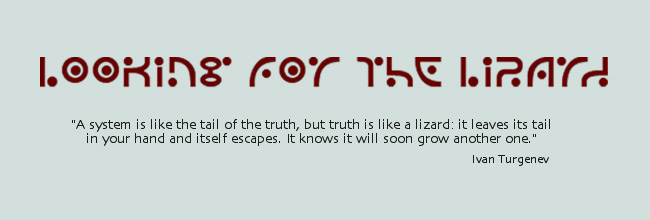We were groping in the dark when we started the visual arts ministry at Hope Chapel, and took our cues from the secular art world as to how to set things up. In many ways this decision served us well, but in one way it didn't. Jurying or not jurying was the stumbling block. Jurying is good and necessary, at least to some extent – a church with its gallery in the sanctuary must jury for content. But jurying for aesthetics is a much tougher choice. Who is qualified to judge beauty? How can you avoid letting one or a few persons' taste dictate what is hung? How do you encourage beginners if you reject less skilled work, but if you don't how do you encourage excellence?
Much of this angst could have been avoided if we had listened to the writing world instead of the art world. Writers expect to be edited. Visual artists do get critiques in school and often continue to ask for input from trusted cohorts, but when they answer a call for entries, they know their work will be accepted or rejected with no explanation. Writers, however, expect someone from the publishing house (or film studio or business client) to mark up their work, to suggest or demand changes. Of course, I doubt that writers who have proven their skill are edited much, if at all. But the point is that most writers, and most artists, need good critiques long after they are out of school. And this is where we at HopeArts can serve better than we have.
Editing is essentially collaboration with a teacher. Jurying is judging. Personally, I have had enough of judging. I want to teach.

This is revolutionary thought in the visual artist mind.
ReplyDeleteWriters are also good at 'workshopping' one another's work which is a peer-to-peer form of teaching. They may be wacky, morose, navel gazers but maybe writers do have something to offer ;-)
ReplyDelete